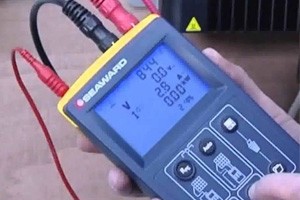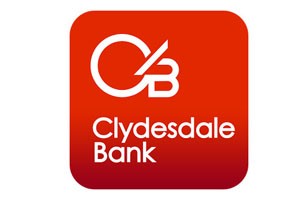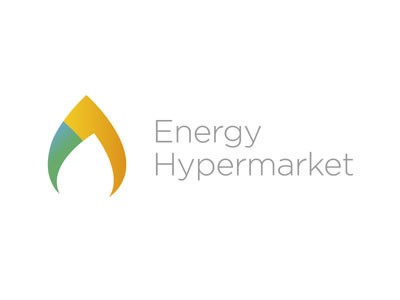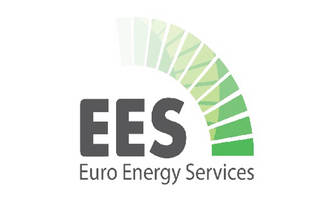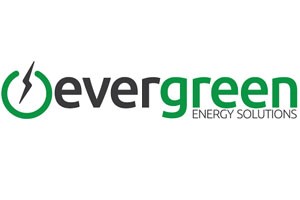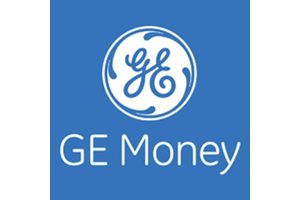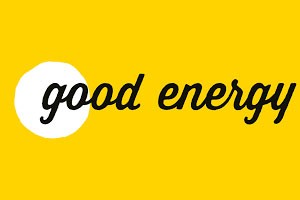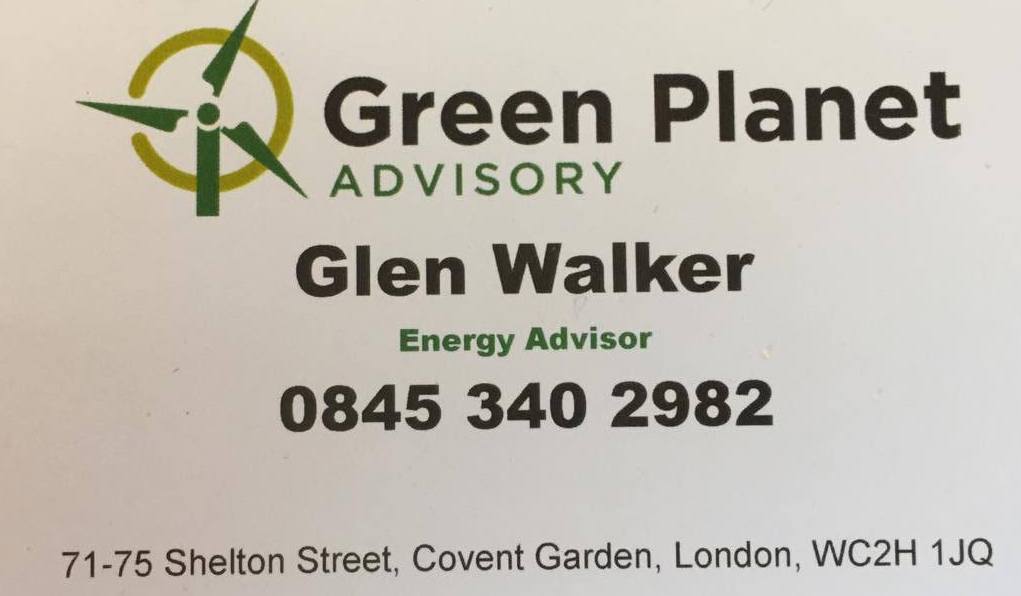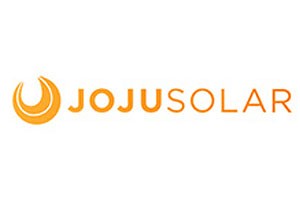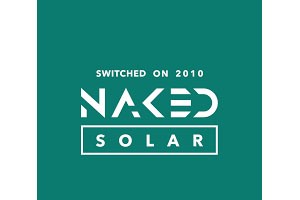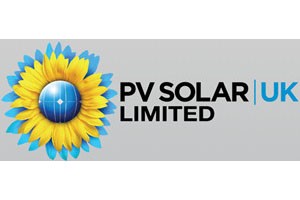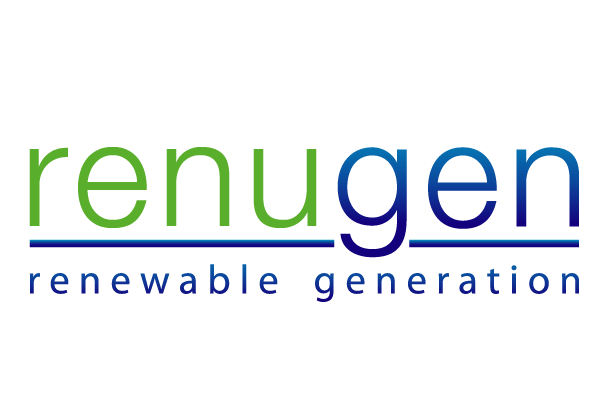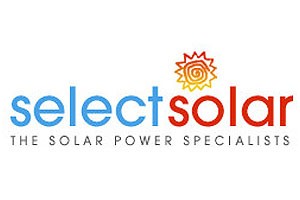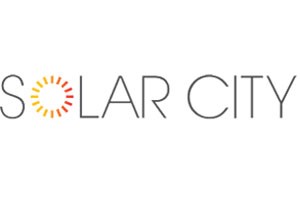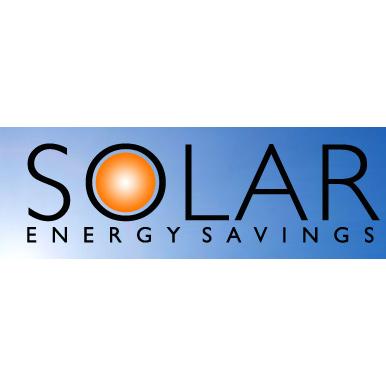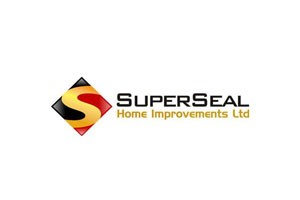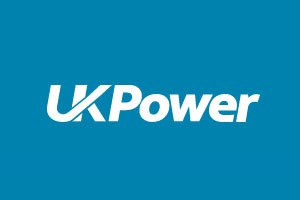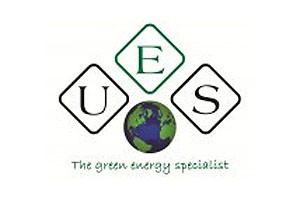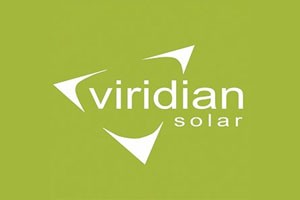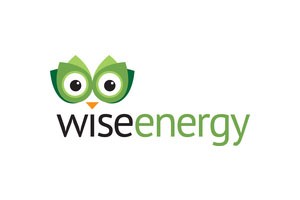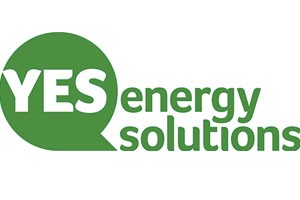Solar Panels – The Definitive Guide to How Solar Panels Work
Mis-sold your Solar Panels?
Below is a Guide to how solar panels work. We aim to offer you some facts that will help you understand the benefits of Solar Panels and answer some of the questions we are asked frequently by customers who have asked us to investigate their solar panel claims for mis-sold solar panels.
General information about Solar Panels
What is solar panel
Solar panels are devices that convert light into electricity. They are called “solar” panels because most of the time, the most powerful source of light available is the Sun, called Sol by astronomers. Some scientists call them photovoltaics which means, basically, “light-electricity.”
How do solar panels work
Solar panels work by absorbing sunlight with photovoltaic cells, generating direct current (DC) energy and then converting it to usable alternating current (AC) energy with the help of inverter technology. AC energy then flows through the home’s electrical panel and is distributed accordingly
Simply put, a solar panel works by allowing photons, or particles of light, to knock electrons free from atoms, generating a flow of electricity. Solar panels actually comprise many, smaller units called photovoltaic cells. (Photovoltaic simply means they convert sunlight into electricity)
How do solar panels work
Simply put, a solar panel works by allowing photons, or particles of light, to knock electrons free from atoms, generating a flow of electricity. Solar panels actually comprise many, smaller units called photovoltaic cells. (Photovoltaic simply means they convert sunlight into electricity)
Are solar panels worth it
If you live in an area with high energy rates and a suitable solar rating and can afford the initial investment, it could be worth installing solar panels in your home
Some pros and cons:
| Pros of solar energy | Cons of solar energy |
|---|---|
| Lower your electric bill | Doesn’t work for every roof type |
| Improve the value of your home | Not ideal if you’re about to move |
| Reduce your carbon footprint | Buying panels can be expensive |
| Combat rising electricity costs | Low electricity costs = lower savings |
| Earn money back on your investment | Finding local solar installers can be difficult |
How much are solar panels
A typical 4 kWp solar system (13-16 panels) now costs around £5,500 incl VAT. There will be some maintenance costs over the life, and a probable inverter replacement required, total cost around £2,500 in today’s money. So the true all-in cost of the system is around £8,000
How long do solar panels last
Crystalline panels are usually guaranteed for 20-25 years, while film panels are generally guaranteed for only 2-5 years. The regular warranty for photovoltaic solar panels lasts 25 years. Here is how the manufacturers come up with this number: They calculate a loss of efficiency of . 8% for every year
How many solar panels do i need
Thus, the typical homeowner will need 28 – 34 solar panels to cover 100% of energy usage (dependent on location and roof size)
You can calculate how many solar panels you need by multiplying your household’s hourly energy requirement by the peak sunlight hours for your area and dividing that by a panel’s wattage. Use a low-wattage (150W) and high-wattage (370W) example to establish a range (ex: 17-42 panels to generate 11,000 kWh/year).
What are solar panels made of
Solar cells are made out of silicon wafers. These are made out of the element silicon, a hard and brittle crystalline solid that is the second most abundant element in the Earth’s crust after oxygen
The actual solar cells are made of silicon semiconductors that absorb sunlight and then convert it into electricity. Currently, solar panels that are used for domestic purposes are only able to take around 20% of the sunlight that they receive and turn it into electricity. This is what is known as solar efficiency
Monocrystalline solar panels have the highest efficiency rates since they are made out of the highest-grade silicon. The efficiency rates of monocrystalline solar panels are typically 15-20%
Solar Panels Installation
How much to install solar panels
As an average the cost of solar panels for a 3 bedroom house will be around £5520 – £6040 as they’ll need to install a 3-4kW system to meet the higher electricity demands.
Solar panel systems come in different sizes that determine just how much electricity it’s able to generate. Simply put, the larger the system, the more electricity your home will benefit from. Find out just how much solar panels cost in the UK with the table below:
| Solar System Size | Average Cost of Solar Panels |
| 1kW | £1840 |
| 2kW | £3680 |
| 3kW | £5520 |
| 4kW | £6040 |
How to install solar panels
Installing solar panels isn’t exactly as simple as mounting a light fixture or swapping out your water filtration system
Here is some helpful advice:
- Make sure your chosen installer is a member of the Renewable Energy Consumer
Code (RECC) assurance scheme. - You can only benefit from the Feed-in Tariff if your solar PV system was installed by a company
certified under the Microgeneration Certification Scheme (MCS), so make sure the installer you
choose is accredited under this scheme. - Do your research. And that means sourcing at least three quotes before you choose
an installer. - Ask family and friends for recommendations. Before you go ahead and instruct an installer
check them out to see if they have any testimonials. - Make sure you obtain a comprehensive quote before signing any contract or hand over
any money as a deposit. RECC advises to never pay more than 25% of the contract price
upfront. And don’t forget to check that it will be protected with insurance
Do you need planning permission for solar panels
The installation of solar panels and equipment on residential buildings and land may be ‘permitted development’ with no need to apply to the Local Planning Authority for planning permission
Can i get solar panels installed for free
If your home qualifies, you could get free solar panels through schemes referred to as “rent-a-roof.” Solar companies install the solar energy panels free of charge, and pay for any maintenance and connection charges.
How long do solar panels take to install
Most solar companies can install a rooftop residential solar panel installation in one to three days, depending on how many panels you’re installing and how complicated the installation is
Solar Panels Maintenance & Safety
Are solar panels good or bad
While solar panels are considered a form of clean, renewable energy, the manufacturing process does produce greenhouse gas emissions. Additionally, to produce solar panels, manufacturers need to handle toxic chemicals. However, solar panels are not emitting toxins into the atmosphere as they’re generating electricity.
Can solar panels cause fires
A properly designed and installed solar panel system with correctly operating equipment presents no fire hazard to your home. But when solar panel equipment is poorly installed, in some cases this can result in electrical faults that cause arcing
Can you get a grant for solar panels
There are no grants for solar panels in the traditional sense of the word from the Government that will pay in full or in part for your solar panel installation. What they offer instead is a scheme called the Feed-In Tariff which pays you money for 20 years after your solar panels have been installed
Do i need to clean my solar panels
Solar panels are generally self cleaning, but in particularly dry areas or where panel tilt is minimal, dust and other substances such as bird droppings can build up over time and impact on the amount electricity generated by a module. Grime and bird poop doesn’t need to cover an entire panel to have an effect.
Do solar panels decrease property value
If you have a relatively new system, with several years lifespan left on the panels, and you have full ownership of both the panels and the Feed in Tariff, then the panels shouldn’t decrease the value of your home. This is because the negatives will be balanced out by the positives
Are solar panels easily damaged
Solar cells have a cover made of protective glass that can be damaged by hail storms. An area that is prone to hail storms determines the kind of solar panels installed. … Hail damage to larger solar cells results in the more expensive replacement or repair costs and reduces energy output dramatically.
Are solar panels noisy
Generally speaking, solar panels themselves won’t make noise
Do solar panels attract birds
Solar panels and the floats between rows of panels provide just such a place. Birds can rest and nest without disturbance. The result is heavy soiling from bird droppings, virtually from day one. It seems that more so than anywhere else, floating solar panels attract birds and their droppings
Do solar panels work at night
Solar panels do not produce energy at night. The photovoltaic cells in solar panels must have sunlight to create electricity. … Solar panels work hard all day producing electricity from the sun. They also sup
How do solar panels work on cloudy days
Solar panels do produce electricity in cloudy weather. They don’t produce as much electricity as they do on sunny days, but they have been shown to produce 25% of what they produce on a sunny day, or 10% when it’s very cloudy
Solar Panels & the environment
Are solar panels environmentally friendly
As the influence and impact of solar power grow, scientists and manufacturers around the world actively aspire to create even better, more sustainable solar energy technology. Solar power is one of the most environmentally–friendly energy sources
What do solar panels do to the environment
Solar power systems derive clean, pure energy from the sun. Installing solar panels on your home helps combat greenhouse gas emissions and reduces our collective dependence on fossil fuel. Traditional electricity is sourced from fossil fuels such as coal and natural gas
Were you mis-sold solar panels and want a refund?
There are many examples of mis-selling, below are just a few reasons why many of our complainants pursue a full refund and compensation
from solar panel companies who mis-sold their solar panels to customers.
Were you told the panels would “pay for themselves”?
That they would be “self-funding”?
Misleading customers about how much income and savings they would make.
This may have included an exaggeration of the amount of electricity generated or how much their
electricity bills would reduce by
Entered into finance or credit to purchase the systems and have been left with expensive monthly payments on top of still having to pay for their electricity
Were you mis-sold solar panels and want a refund?
There are many examples of mis-selling, below are just a few reasons why many of our complainants pursue a full refund and compensation
from solar panel companies who mis-sold their solar panels to customers.
Solar Panels Claim Form


